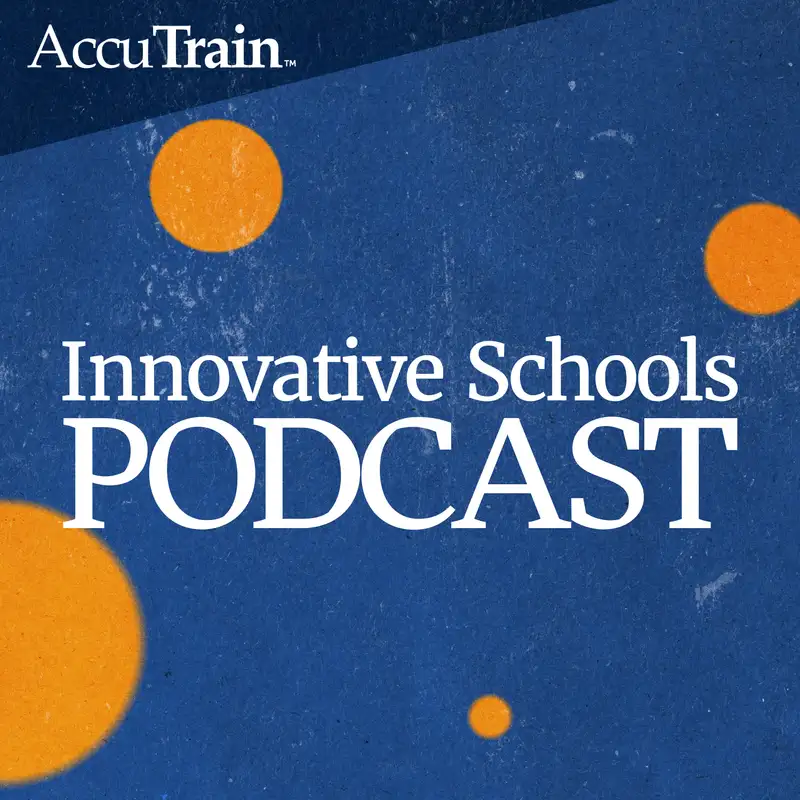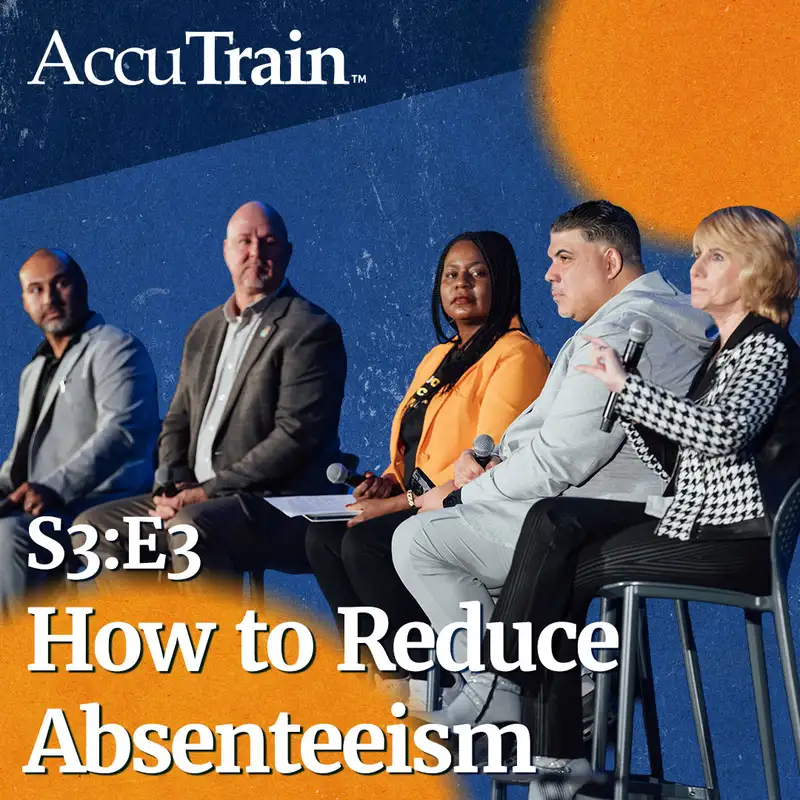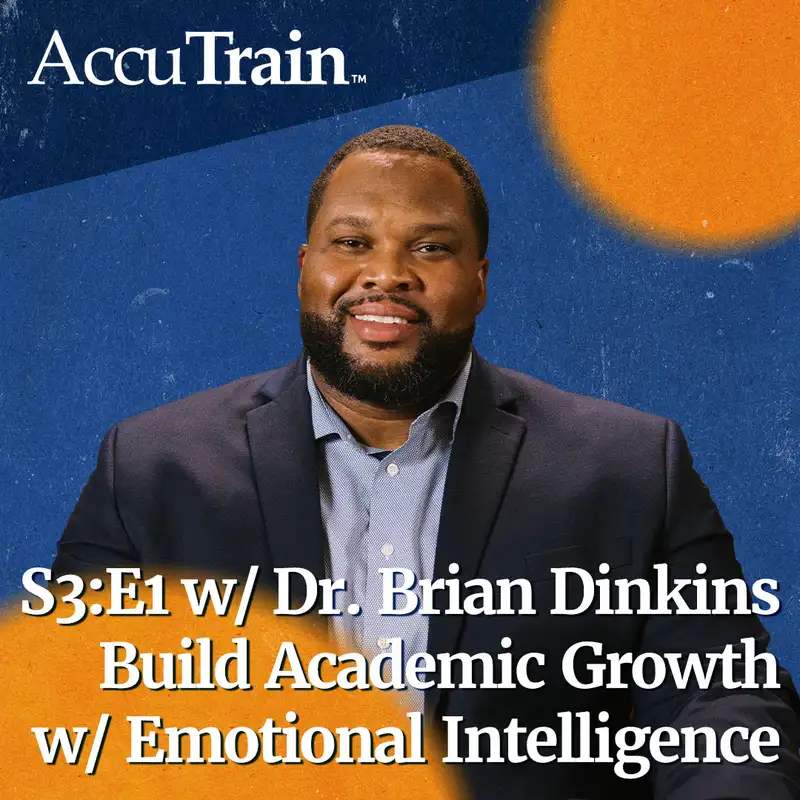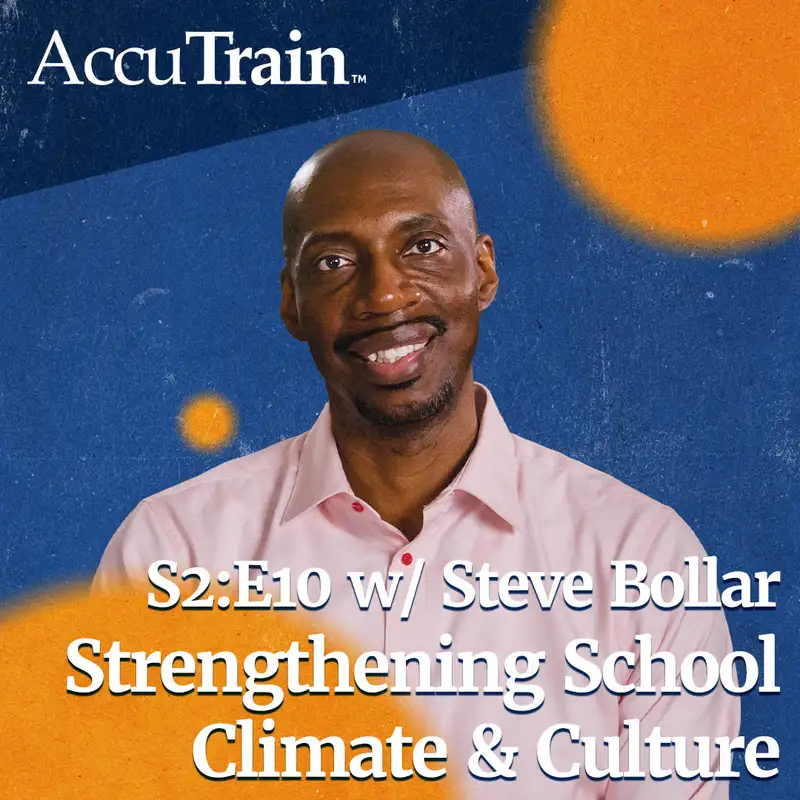S2:E9 - Clear Is Kind w/ Dr. LaQuanta Nelson
In this episode of the Innovative Schools Podcast, Liz and Will sit down with Dr. LaQuanta Nelson to explore the power of clarity, communication, and presence in schools. Through stories, metaphors, and leadership insights, Dr. Nelson explains how clear communication sets direction, removes confusion, protects culture, and strengthens relationships. She unpacks her philosophy that “clear is kind,” shows how unclear messaging creates conflict and chaos, and reframes conflict itself as an opportunity for clarity, commitment, and better solutions. She also shares concrete leadership habits—being “where your feet are planted,” using language that lifts, celebrating students in real time, and becoming “makers of moments” who create unforgettable experiences in classrooms and schools. The episode closes with actionable steps teachers and administrators can start using tomorrow to transform their communication.🔑 Key Takeaways✔️ Clear communication prevents chaos and protects culture When leaders or teachers leave gaps, people naturally fill them—with assumptions, negativity, and confusion.✔️ “Clear is kind” Borrowing from Brené Brown, Dr. Nelson reminds us that clarity is an act of kindness that prevents hurt, misinterpretation, and unnecessary conflict.✔️ Conflict isn’t bad — it’s an opportunity Handled well, conflict clarifies expectations, strengthens commitment, and brings more voices to the table for better solutions.✔️ Presence is essential to leadership You have to train your brain to slow down. Being fully present “where your feet are planted” is what allows you to create magic with students and staff.✔️ Be makers of moments Small intentional actions—like calling students to the atrium to celebrate reading or letting a student teach—can shape memories and identities for decades.✔️ Communication is more than words Your tone, energy, posture, body language, and emotional presence are communicating long before you say anything.✔️ Your words echo long after the moment Dr. Nelson’s “parrot on your shoulder” metaphor pushes educators to consider what people replay in their minds after conversations.✔️ Great communication is uplifting and honest Feedback can be clear, specific, and truthful while still affirming, respectful, and hopeful.💬 Memorable Quotes🗣️ “Clear is kind. Unclear is unkind.” 🗣️ “When we leave these voids in communication, confusion will fill it.” 🗣️ “Conflict is an opportunity — not a problem.” 🗣️ “Be where your feet are planted.” 🗣️ “You’ve got to be in the moment to make the magic happen.” 🗣️ “Your people hear your voice in their heads long after you stop talking.” 🗣️ “Two truths can exist at the same time.” 🗣️ “What gets measured gets done.” 🗣️ “Be impeccable with your words.” 🗣️ “You can apologize for what you say, but the imprint remains.”🧠 Strategies You’ll Learn1. Setting Clear Expectations Like a GPSActivate prior knowledge at the start of every lesson or meeting.Clearly communicate where you’re going today—and why it matters.Revisit the vision regularly so everyone knows the destination.2. Building Multi-Lane CommunicationCreate safe “lanes” for students, staff, and families to share their perspectives.Treat communication as two-, three-, or four-way, not top-down.Use exemplars to show what “excellent teaching and learning” actually looks and sounds like.3. Reframing Conflict in Your SchoolView conflict as a signal that clarity is needed, not a personal attack.Use conflict moments to clarify goals, expectations, and commitments.Invite multiple perspectives so solutions reflect the real experience of students, staff, and families.4. Practicing Presence in Leadership and TeachingTrain your mind to slow down and be where your feet are planted.Notice when your brain is 3–5 steps ahead of the moment and gently bring it back.Listen fully before planning your response or the “next thing.”5. Becoming a “Maker of Moments”Use small, intentional celebrations (like a 10-minute reading recognition) to reinforce what you value.Let students lead when they’re ready—“tag, you’re it”—and switch roles in the classroom.Connect fun, memorable experiences directly to learning targets and long-term goals.6. Using Uplifting Yet Honest LanguagePair honesty with hope: be transparent and encouraging.Offer specific, actionable feedback instead of vague criticism.Remember: your words become the internal soundtrack students and staff replay.7. Checking Your Presence and EnergyReflect regularly: How am I showing up—body language, facial expressions, tone?Notice when your posture or energy communicates more than your words.Ask yourself: “If someone wore a parrot on their shoulder and repeated my words, would I be proud of what it says?”👁️🗨️ Additional Practices1. Start Lessons with the “GPS Check”What do students already know?Where are we going today?Why does it matter?2. Build a Routine of Daily Micro-CelebrationsQuick announcements over the intercom.Mini shout-outs in class or staff meetings.30-second acknowledgments that say “I see you.”3. Use the “Parrot Test”Before speaking, imagine a parrot repeating your words to someone else later.Would you still say it the same way?Would you want your students or staff to replay this all day?4. Schedule Presence PausesSet small reminders to slow down, breathe, and return to where your feet are planted.Use transitions (bell rings, passing periods, before meetings) as presence resets.5. Practice Clarity Checks Ask regularly:“What did you hear me say?”“What does this look like in practice?”“What questions do you still have?”6. Normalize Multiple PerspectivesIntentionally invite student, teacher, and parent voices into decisions.Acknowledge that two truths can exist at the same time.7. Turn Confusion into ExemplarsWhen expectations aren’t met, create models, samples, and examples of what “great” looks like.Use walkthroughs, video examples, or student work samples as clarity tools.8. Use Conflict to Strengthen Commitment In moments of disagreement, ask:“What are you seeing that I may be missing?”“What outcome are we both trying to reach?”📚 Resources and LinksConnect with Dr. LaQuanta Nelson (The BOSSEducator):🔗 Facebook: @TheBOSSEducator🔗 X: @DrLNelson🔗 LinkedIn: @TheBOSSEducator🔗 TikTok: @thebosseducator_❤️ Love This Episode?✅ Share it with a fellow educator!⭐ Rate & Review to help more teachers find this show💬 Join the Conversation on social media or in your next staff meeting!💡 Innovative Schools Podcast Instagram: https://www.instagram.com/innovativeschoolspodcast/💡 Listen on Apple Podcast: https://podcasts.apple.com/us/podcast/innovative-schools-podcast/id1502414943💡 Listen on Spotify: https://open.spotify.com/show/2Lbw553jnDXuG08IZ43Kb5💡 Watch on YouTube: https://www.youtube.com/@innovativeschoolspodcast





